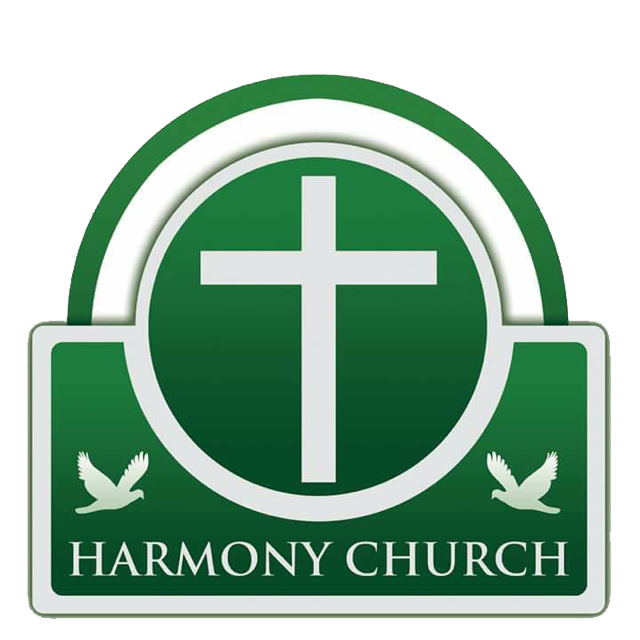Government and Prayer, do they mix?
It has become a recurring theme over the past several years – when to pray and when not to pray. Many school board meetings, local borough council meetings and other such meetings often begin with words of prayer.
At the highest levels of all three branches of government, the name of “God” is invoked in some fashion. The Supreme Court begins each session with the words, “God save this honorable court,” the U.S. Congress begins with prayer, and most presidents, including President Obama ends his speeches with “God bless America.”
Despite these long standing customs concerning prayer and invoking the name of “God,” it is becoming increasingly popular to object to the use of God-language and prayer at so-called secular gatherings.
Is it wrong to pray before a borough meeting? Many claim there is no law prohibiting local governments from dedicating time to prayer at meetings. They remind us that even the Legislature and Congress open sessions with prayer.
It becomes a tricky question for everyone – both the religious person and the non-religious person.
Those who fall on the side of being against any governmental meetings being opened with prayer state one of two things concerning their argument:
1. The First Amendment which never actually uses the language “separation of church and state,” but rather talks about forbidding the government from passing any law respecting an establishment of religion. This is often used to suggest that religion or God should not be used when conducting government business at any level.
This is open for debate, but one thing is clear; it isn’t clear exactly what the First Amendment fully means. Therefore, this is unstable ground to base this argument upon.
2. The second concern this group has is that if a prayer or a particular name for God is used or invoked, then it might be offensive to anyone of a different religion or no religion at all. In our politically correct (PC) world, this one actually holds more weight. Many who allow or even encourage prayer at government meetings state that praying along with the prayer is not compulsory, but always voluntary.
The argument from this side is that while this may be true, it can be offensive or awkward to stand there while silently while everyone else is praying or bowing their head.
A recent Pennlive Poll found the following:
60% of people said, “No, keep church and state separate”
30% of people said, “Yes, this is a religious country, so keep prayer in meetings”
6% of people said, “Yes, if it is read by a member of the public”
4% of people said, “I don’t care”
So, as persons of faith, where should we come down on this hotly debated topic?
Here are some things to consider:
Would a prayer at the beginning of a government meeting be okay if everyone in attendance was in agreement and no one objected?
If there are those who do object, would it not be okay, and perhaps something people of faith should have done prior to the meeting anyway, is to pray silently for the decision-makers and the decisions that will be made?
Is there any great advantage of forcing a prayer upon a meeting or upon those who object? What does that say about people of faith?
One final thought, we should all understand by now that we don’t live in a theocracy (government where God is the ruler or king, such as Israel in the time of the Old Testament), but rather in a republic/democracy where the people elect its officials to represent them. With this being the case, just because prayer is not always offered or allowed before government meetings, doesn’t mean people of faith can’t live for God and pray to God to guide our elected officials at all levels as they lead us locally, nationally and globally.
